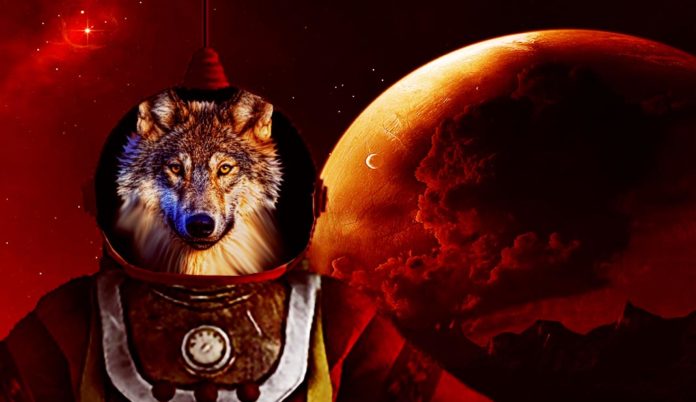
With many species of animals going extinct these years, new types of creatures are also popping up on Earth. One of these new types of creatures happens to be wolves originating from Chernobyl.
What Is Chernobyl
Chernobyl is a Ukrainian city that got polluted by radiation in April 1986, after the catastrophic explosion of the nuclear plant. Because the territory was full of radiation after the explosion, people abandoned the area. Some animals that managed to survive this catastrophe mutated. Today, their descendants represent new types of animals. One of these animal types is Chernobyl wolves.

What Are Chernobyl Wolves
Chernobyl wolves are Grey wolves that mutated and began spreading their mutant genes across European and Asian countries. The wolves are believed to be resistant to radiation, which makes these creatures unique to the world.

Wolves to Protect Astronauts
Elon Musk’s Mars colonization plan is great. However, it is no surprise that SpaceX and NASA are still not sure how to protect the first colonizers of the Red Planet from radiation dangers.
Scientists believe that with the help of animals that are radiation-resistant, it is possible to figure out ways to battle this problem. In fact, researchers believe that it is possible to unlock the secrets in biological mechanisms within human genomes. Thus, humans can turn into radiation-resistant people. Animals can help researchers find anti-radiation solutions.
The Chernobyl disaster, just like any other catastrophe, was a horrendous event in human history. As a result, many people died, and many others had to flee their hometown in search of better living conditions.
Though it’s hard to think of these tragedies, with any bad event, a good event happens. On the flipside, the radioactive animals can hypothetically save the lives of hundreds of thousands of people. Those will be the lives of the very first settlers on Mars, the second planet that we will know of human habitation.


























